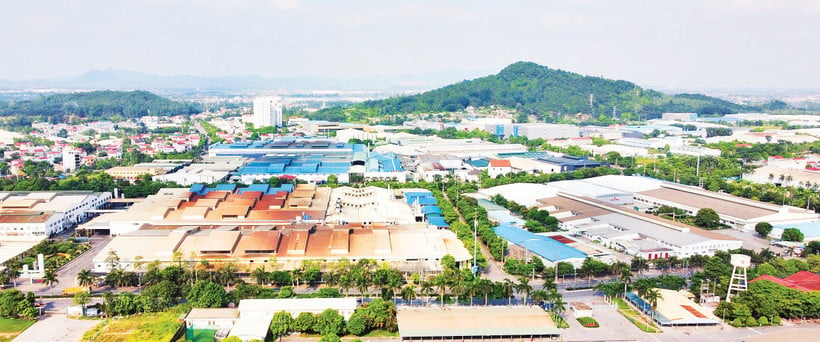
Possessing abundant natural resources, the provinces in the region have favorable conditions to develop diverse economic sectors. Some strengths are clearly shown in: mineral exploitation and processing; hydropower development; agriculture specific to tropical and subtropical climates...
Shifting economic structure in the right direction…
According to statistics from the Ministry of Planning and Investment (now the Ministry of Finance ), in 2024, despite facing many difficulties, especially the impact of storm No. 3, the region's socio-economic situation still recorded a clear recovery. The economic growth rate (GRDP) of the whole region reached more than 9% - the highest level in the country.
Notably, the GRDP structure is quite positive when industry accounts for 44.15%; Agriculture, forestry and fishery account for 16.59%; Services account for 34.82%... The fact that industry has risen to account for the largest proportion in GRDP shows the initial effectiveness of the strategy to develop processing industry, energy industry and controlled exploitation of the region's resource advantages.
Also in this year, the state budget revenue of the whole region is about 89,243 trillion VND (up 13% compared to the estimate assigned by the Central Government), of which the local budget balance revenue is 73,846 trillion VND, exceeding the estimate by 11%. Export turnover (as of the end of November 2024) reached more than 72 billion USD. The whole region has 37 industrial parks, of which 26 have come into operation, accounting for about 70%. In addition, the region has attracted about 90 new FDI projects with a total registered capital of about 1.8 billion USD.
…But need to be faster
The socio-economic picture is clearly changing. However, the midland and mountainous areas in the North still face many difficulties and challenges. First of all, the weak infrastructure system is a major bottleneck when it is not connected to the Capital Region, to seaports, the railway is not connected to China and internationally...
In addition, the lack of large-scale, high-tech processing plants has led to the situation where key agricultural products such as tea, cinnamon, star anise, medicinal herbs, etc. are mainly sold raw or simply processed. Many specialty products have to "send their brands" to lowland enterprises for export.
With the second largest forest area and planted wood output in the country, the wood processing industry in the midlands and northern mountainous areas has developed quite rapidly. The average growth rate in added value (VA) in the period (2015 - 2023) reached 18.7%/year, higher than the overall growth of the whole country. However, the VA of the wood processing industry in the region still accounts for only a small proportion in the national structure.
Decision No. 369/QD-TTg signed by Prime Minister Pham Minh Chinh on May 4, 2024 approving the Planning for the Northern Midlands and Mountains region for the period 2021 - 2030, with a vision to 2050, is considered an important milestone in reshaping the regional development strategy. This planning is not only an optimal rearrangement of economic space, but also has a creative mindset - proactively identifying and handling inter-sectoral, inter-regional and inter-provincial bottlenecks. Development thinking is no longer based on resource exploitation, but aims to reorganize growth pillars, improve institutional quality, mobilize and effectively use all resources - from the state budget, FDI to resources within the people.
The Northern Midlands and Mountains are an area of special importance in terms of politics, economy, society, national defense and security. To help the region escape the vicious cycle of small-scale agricultural economy, structural transformation towards industry is inevitable. However, this cannot be sudden but requires a strategy of infrastructure investment, upgrading of labor skills, application of technology and policy reform towards attracting investment in high-quality processing and logistics. Only then can the region grow sustainably and improve its competitiveness.
Many economic experts believe that the northern midlands and mountainous areas need to make a strategic shift, shifting strongly to deep processing industry, especially selective processing of agricultural, forestry and mineral products.
Source: https://nhandan.vn/tao-but-pha-kinh-te-tu-cong-nghiep-post892783.html


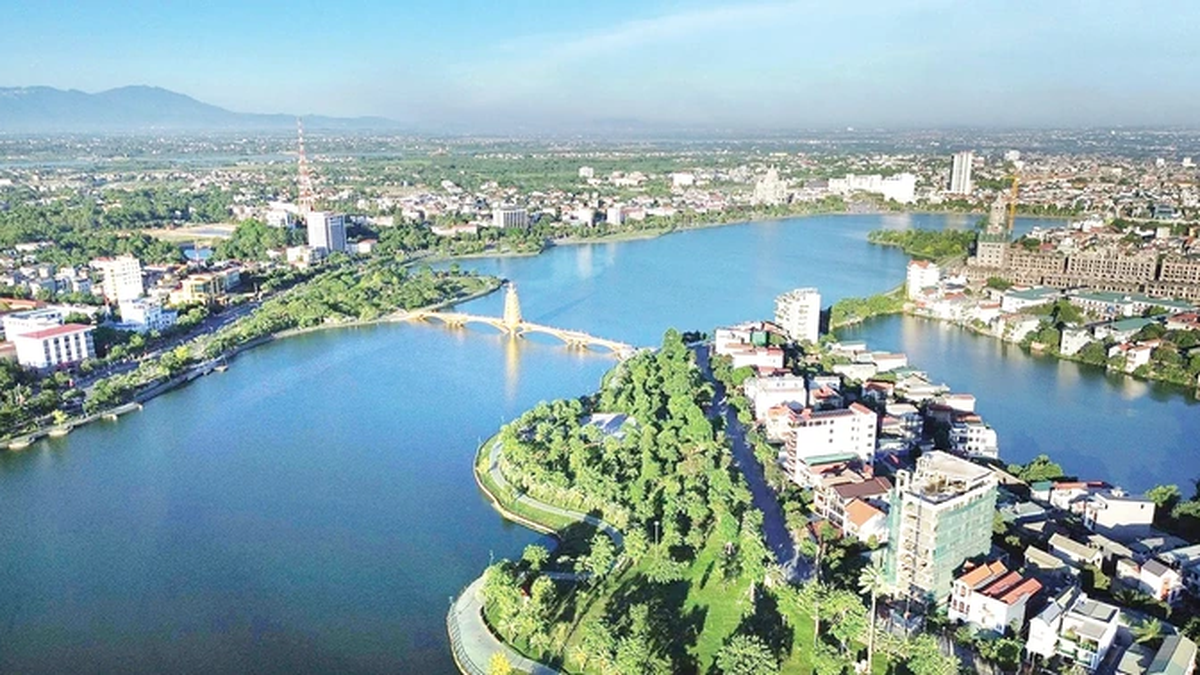




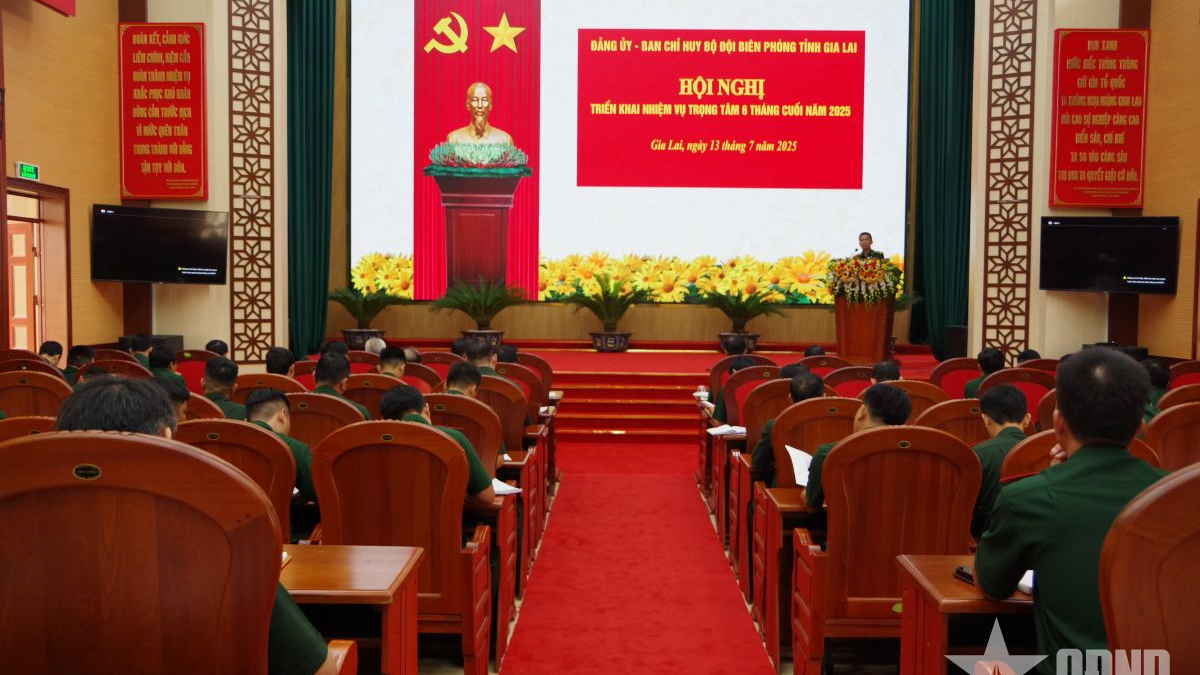
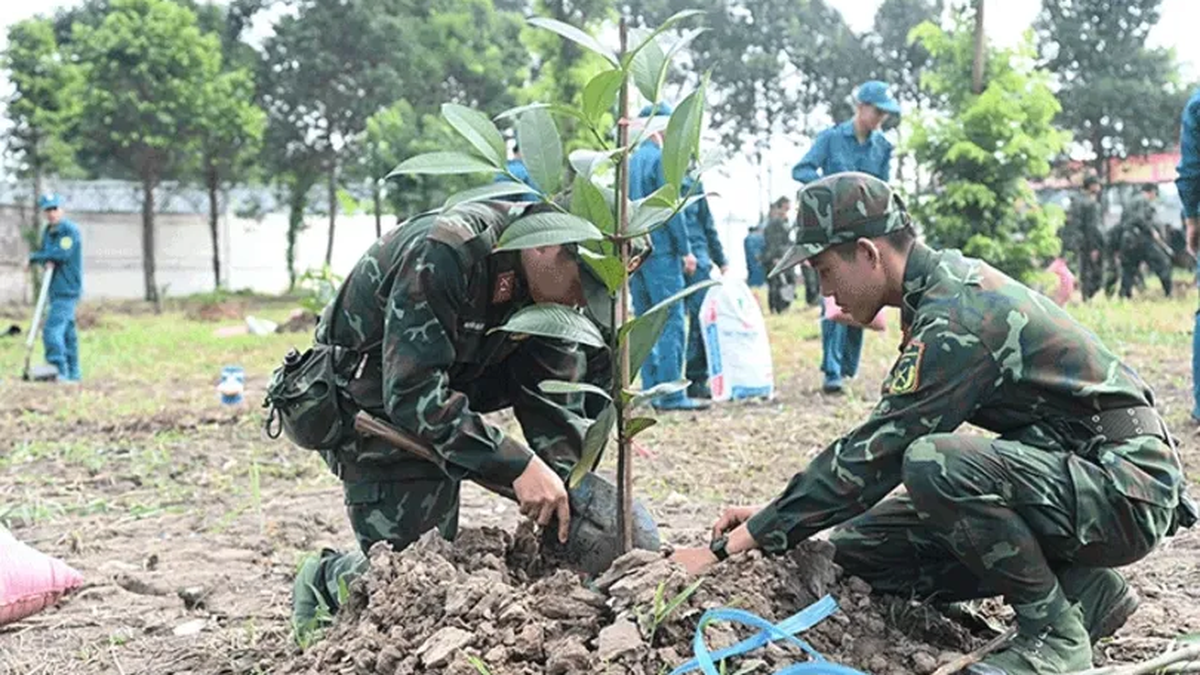







































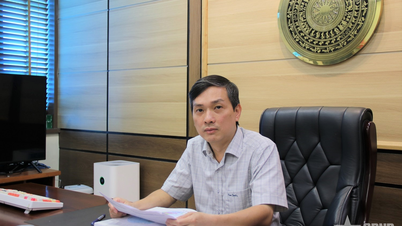




















![[Photo] International community congratulates Vietnam on having more landscapes recognized as World Cultural Heritage](https://vphoto.vietnam.vn/thumb/402x226/vietnam/resource/IMAGE/2025/7/13/58ec71f73ae644bfb5bab9c99043bb7d)
































Comment (0)